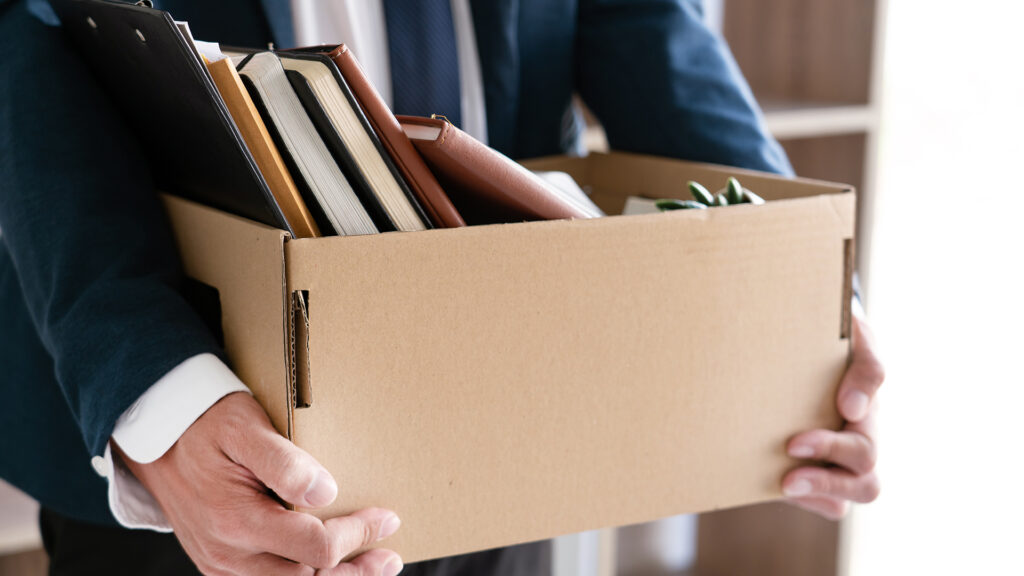Who Pays Closing Costs In A Home Purchase?
Buying a home is exciting, but let’s be honest — it can also be frustrating, especially when it comes to dealing with closing costs.
Before buying your first home, you might only be thinking about saving money for a down payment. Unfortunately, you could be in for a big surprise when you learn that you also have to cover closing costs, which usually add up to a significant sum: roughly 3% to 5% of the total loan amount.
Fortunately, you don’t have to cover all of the closing costs on your own, since the seller pays for some of them too. On top of that, some of the fees involved are negotiable.
Which closing costs does the buyer pay?
Both buyers and sellers have to pay certain closing costs. But as a buyer, you’ll pay more of them, since you’re the one working with the lender and using most of the services that have a fee attached.
When you take out a mortgage, you can expect to be responsible for these closing costs:
- Mortgage origination fee: Fees charged for processing your application and underwriting the loan. This covers things like the time and labor involved with document preparation. Origination fees usually run between 0.05% and 1% of the total loan amount but they are negotiable.
- Credit report fee: A small fee to cover the cost of pulling your credit reports.
- Appraisal fee: Covers the appraisal, which is required to make sure the home is worth the price you’re paying.
- Prepaid interest: If you purchase the home mid-month, you’ll have to make a prorated interest payment to cover the days that you’ll be the owner.
- Prepaid insurance: Your first year of homeowners insurance.
- Escrow fees: Fees paid to an escrow company or attorney to settle the transaction. These fees usually equal as much as 1% of the purchase price and are split between the buyer and seller.
Want to get an idea of your total closing costs up-front? The lender will give you a document called a Good Faith Estimate (GFE) during the mortgage pre-approval process, and this document outlines each of the closing costs. Keep in mind that it’s just an estimate, but it can still give you a pretty good idea of what to expect.
If you’re not sure how to cover all of your closing costs, or you just want general help preparing to buy a home, you can schedule an appointment to talk with an NFCC-certified credit counselor.
Which closing costs does the seller pay?
Some of the costs involved with the transaction are the seller’s responsibility. In fact, the seller’s closing costs often range as high as 10% of the sale price. Here are the costs they’ll have to cover:
- Transfer taxes or recording fees: The cost involved with transferring the title from the seller to the buyer.
- Title insurance: Insurance that protects the buyer in case there’s debt owed against the home (such as a lien), or in the event that someone has a claim to ownership of the home.
The seller is also responsible for paying their real estate agent, which is the most expensive part of their closing costs. And if applicable, they have to pay any outstanding property taxes and HOA dues, and any balance remaining on their mortgage after the sale.




